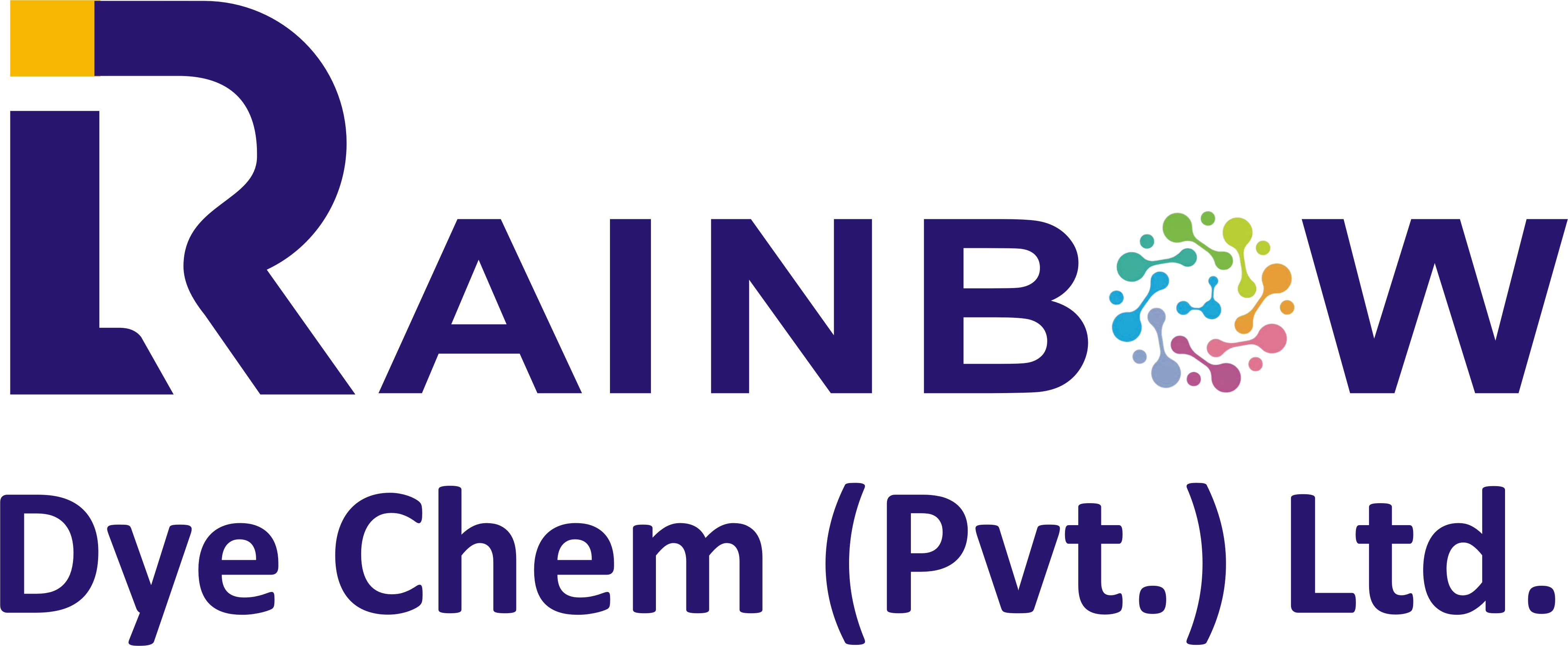Sodium Alginate
Nanotex®
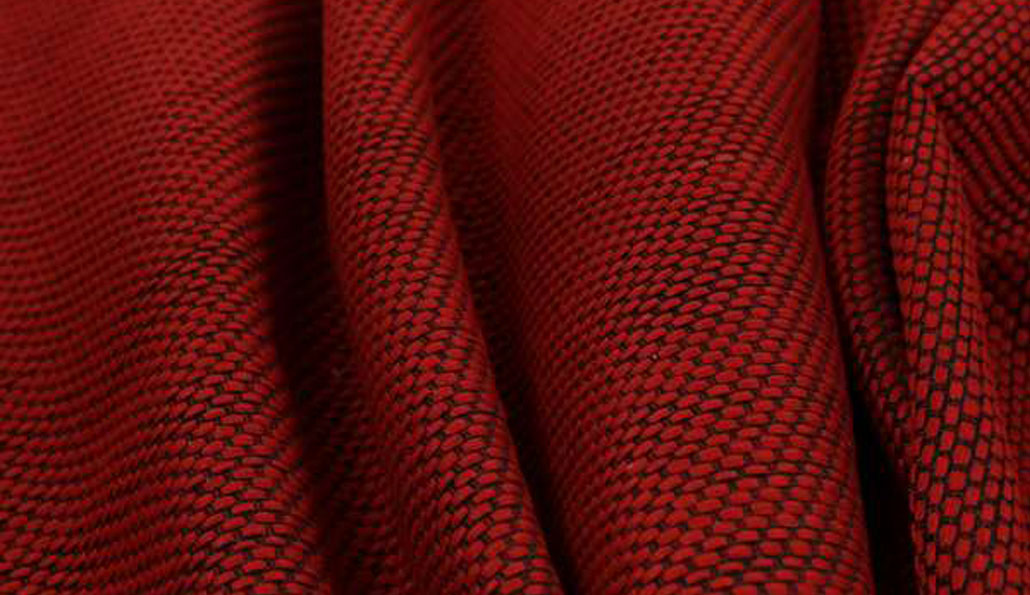
Thickening Properties:
Known for its excellent thickening properties. It can significantly increase the viscosity of printing pastes, providing control over the flow of the paste during the printing process.
Water-Solubility:
Water-solubility make it easy to dissolve in water-based printing pastes. This characteristic ensures that the alginate disperses uniformly, contributing to the homogeneity of the paste.
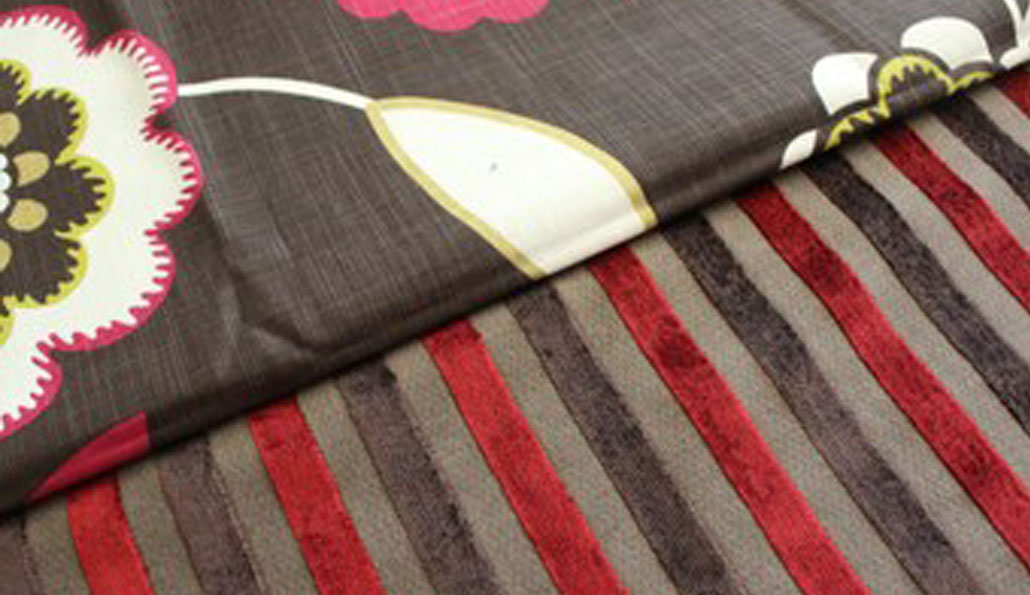
Rheological Control
Helps in controlling the rheological properties of the printing paste, allowing for adjustments in viscosity. This control is essential for ensuring proper adhesion of the paste to the fabric.
Compatibility:
Alginate is generally compatible with a wide range of dyes and chemicals used in textile printing, making it versatile in various printing formulations.
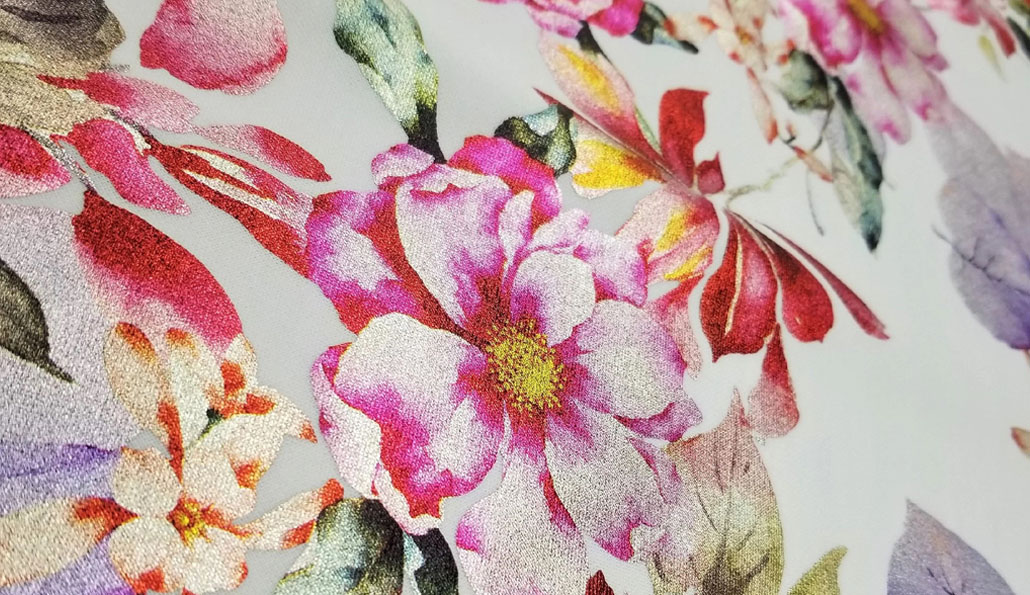
Shear-Thinning Behavior
Similar to other thickeners, alginate often exhibits shear-thinning behavior. This means its viscosity decreases under shear stress, facilitating the application of the paste during printing and recovering viscosity when the stress is removed.
Eco-Friendly:
Alginate is a natural and renewable resource, derived from seaweed. Its use aligns with the increasing emphasis on sustainability in the textile industry.
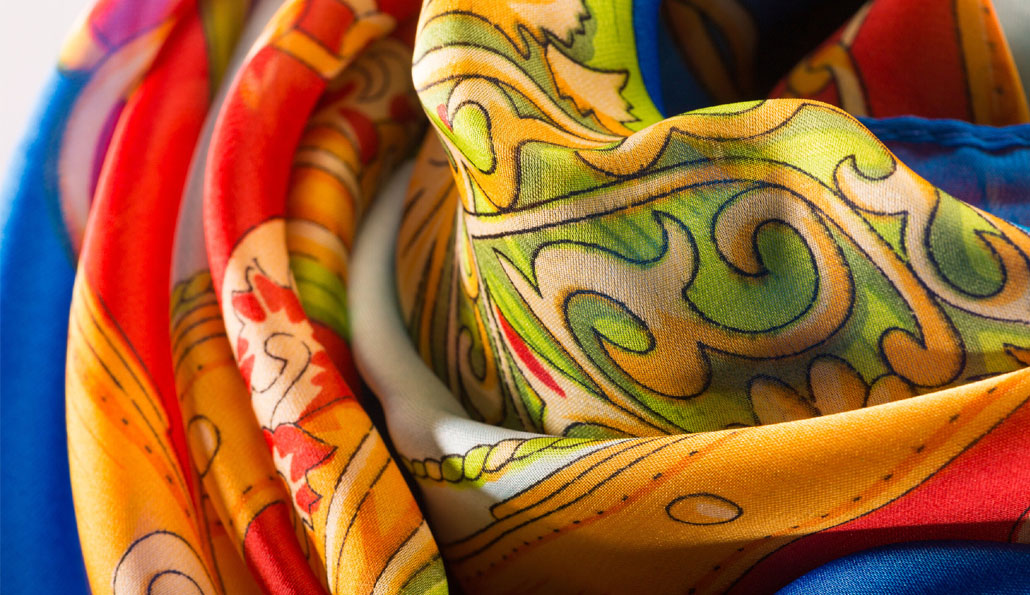
Film-Forming Properties:
Alginate contribute to the formation of a thin film on the fabric, aiding in the adhesion of dyes and other components of the printing paste.
Ionic Interaction:
Alginate has ionic properties and can form complexes with metal ions. This interaction can be important for certain dye-fixation processes.
Biodegradability:
Alginate is biodegradable, making it a more environmentally friendly choice compared to some synthetic thickeners.
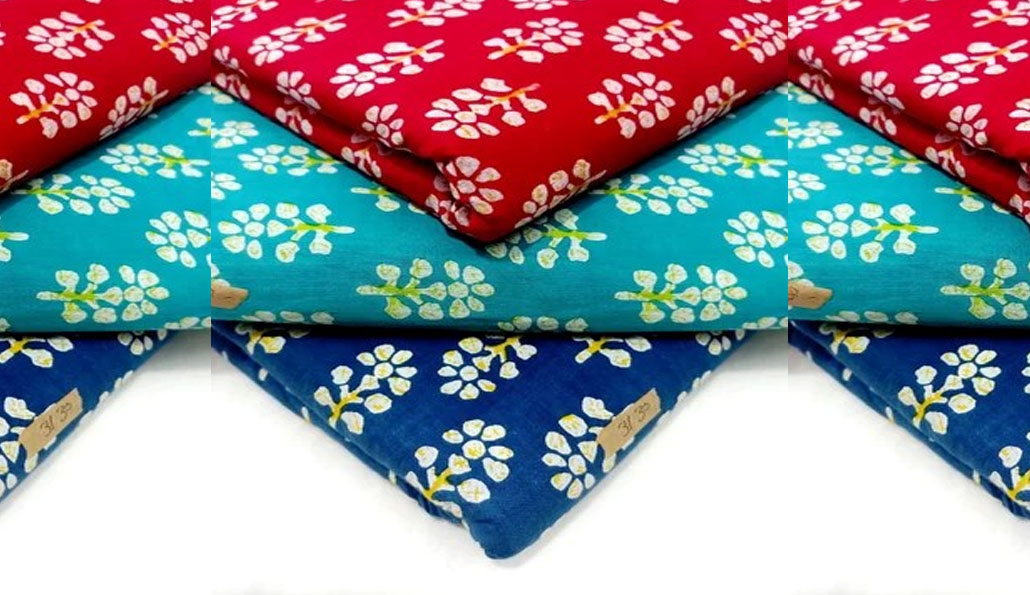
pH Stability:
Alginate is generally stable over a range of pH levels, making it adaptable to various printing processes that may involve different pH conditions.
Resistance to Microbial Degradation:
Alginate exhibits resistance to microbial degradation, contributing to the stability of the printing paste over time.
Wash Fastness:
The use of Sodium Alginate in textile printing contribute to the wash fastness of the printed design, ensuring that the dyes adhere well to the fabric and resist fading during washing.
